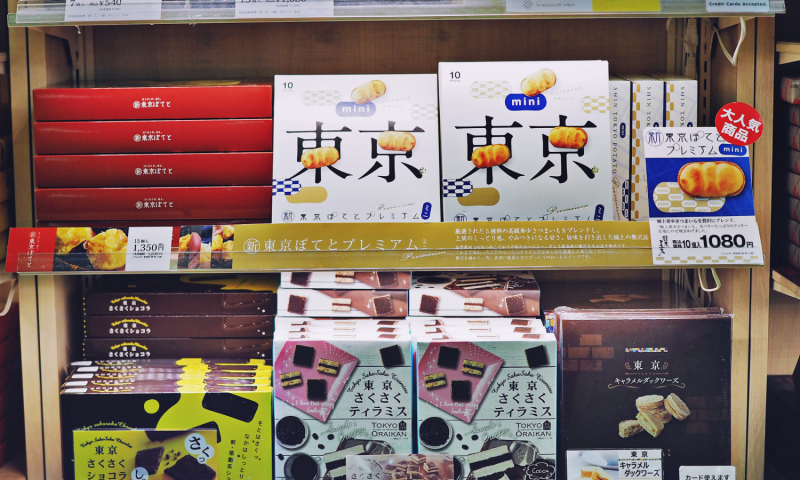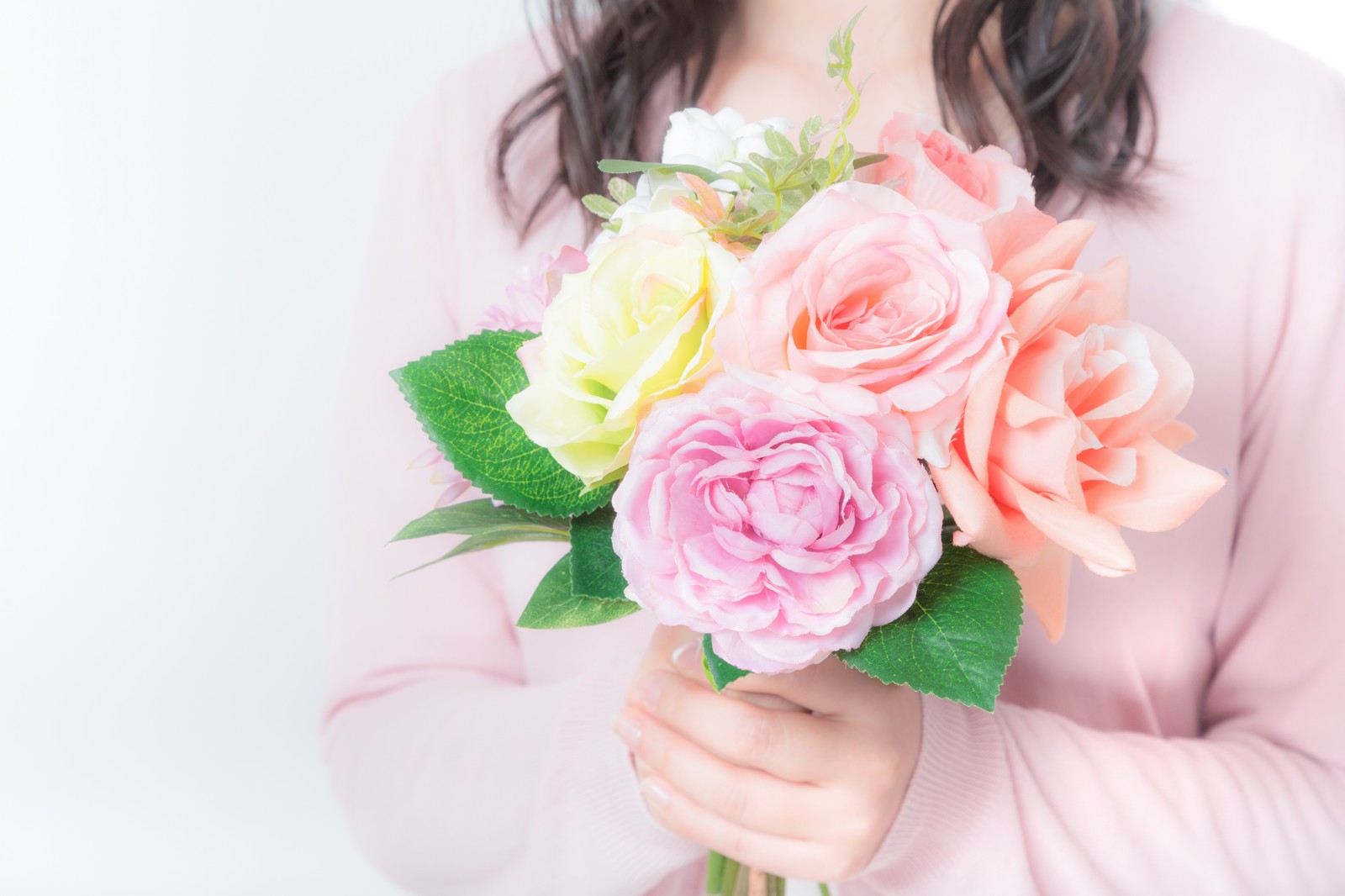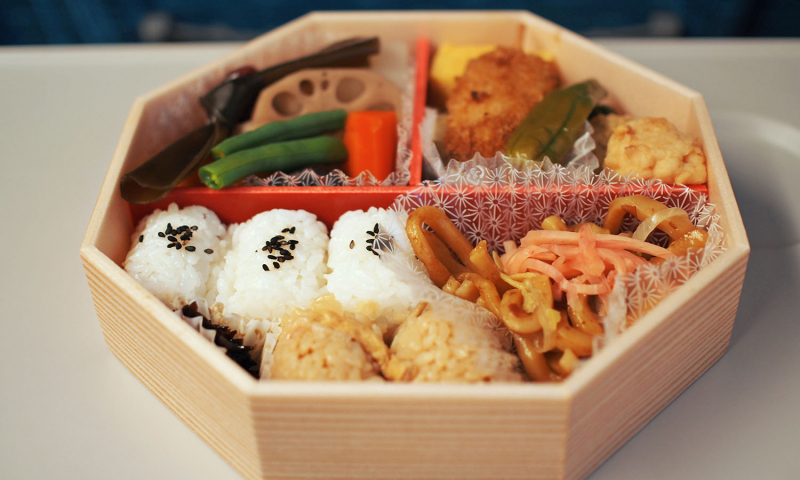
Omiyage: Japan’s Souvenir Culture


Sponsored Links
When you’re sending a gift to someone special, you hope for nothing more than to send something that they’d love and see a smile on their face. In Japan though, there are many gift taboos, so you have to make sure to be careful when choosing a present! It’s also important to keep in mind that in Japan gifts are exchanged not only between close friends and family, but with coworkers and bosses too.
Weddings have an especially long list of rules for what presents you’re not allowed to give to the newlyweds. You cannot gift anything sharp because it conveys an image of connections being cut, or en ga kireru, in Japanese. Therefore, scissors, knifes, etc. are not allowed. Handkerchiefs are also not allowed since handkerchiefs when written in Chinese characters are pronounced as tegire, and although the character is different from kire that means to cut, they are pronounced the same and is therefore thought to be suggestive of connections being cut. White handkerchiefs, especially, which are often associated with the white clothes used during burial ceremonies are also taboo.
Kushi, or combs, are also not allowed. In Japanese, the number 9 which is pronounced as ku or kyuu, is associated with the character ku that means suffering and pain. The number 4 is pronounced as yon or shi, and shi means death in Japanese. Japanese tea is also considered taboo as the tea is also often used in bereavement or mourning. Anything fragile too, like tableware, wine glasses, mirrors and so on are also considered taboo.
Also, although in America it is common for the wedding guests to give the married couple items that they could use in their shared home, in Japan it is more common to give money. You must give the money to the newlyweds in a special envelope called a shuugi bukuro and the most common amount given is 3 man yen, or about 300 dollars. You are not allowed to give even numbers though because evens are divisible, which also gives the image of splitting and amounts with the number 4 or 10 are not allowed, since again they are associated with pain and death.
In Japan, besides family members and close friends, it’s also common for coworkers or business partners to also visit when you’re ill in a hospital.
It’s nice to receive beautiful flowers when you’re feeling down in a hospital bed, but there are rules for what types of flowers you can give.
Items that suggest the person will stay in the hospital for a long time are also not allowed. Therefore pajamas, soap, toothbrushes, etc. are considered taboo as well.
In Japan, when someone has moved or has built a new house, you are not supposed to gift them anything that can cause fires since it can make them imagine or fear house fires. For example, lighters, ash pans, stoves, candles, etc., are not allowed as well as anything red since the color resembles a fire. Therefore, red flowers would also not be allowed.
Today, not a lot of young people know of or practice these rules. But it’s still good to know and respect these rules. If you are giving presents to your close family however, or if you know that someone really loves a certain type of flower, tableware, candles, etc., it’s probably fine to gift them the things they like. But for people that you might not know and perhaps co-workers and bosses, it’s a good idea to abide by these rules and manners of gift-giving in Japan.
Sponsored Links

Not a Delusion! Moso Calibration Coming to HYPER JAPAN Festival 2017!

BAND-MAID Serve Up Ebisu LIQUIDROOM! Announce 2nd Japan Tour and World Tour for Autumn/Winter 2017!



